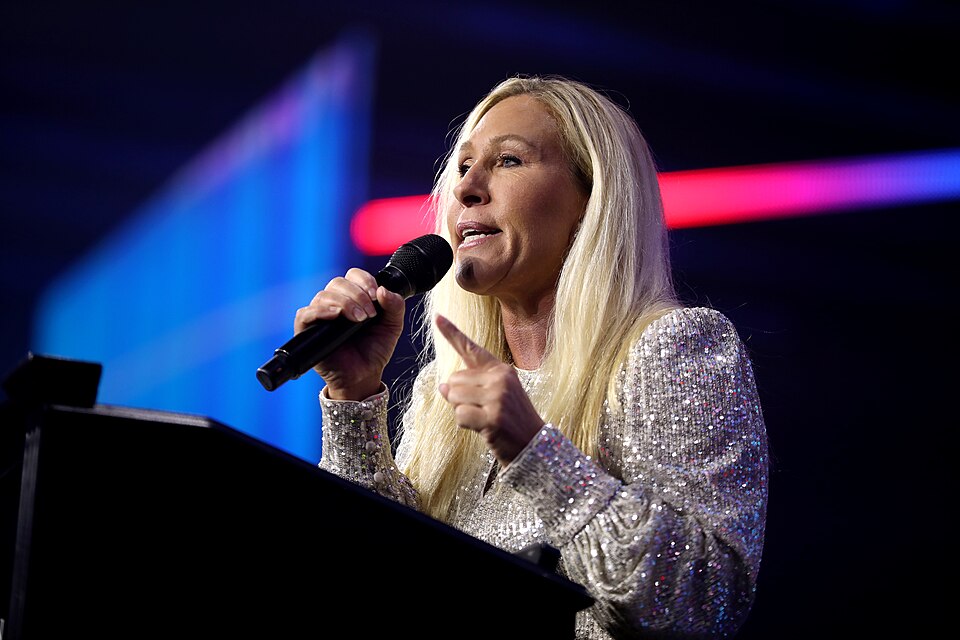BREAKING: U.S. Representative Marjorie Taylor Greene (R – Georgia) has publicly criticized former President Donald Trump, raising eyebrows and prompting discussions about accountability within the Republican Party. This unexpected shift comes as Greene expresses outrage over the ongoing cover-up of the Epstein files, demanding transparency from her fellow party members.
In a startling turn of events, Greene, known for her controversial statements and unwavering support for Trump, is now questioning the integrity of the former administration. She has spotlighted what she perceives as a blatant attempt to conceal critical information regarding Epstein’s clients, many of whom are powerful figures linked to Trump.
Green’s frustration is palpable as she addresses the implications of this cover-up, particularly for her constituents in Georgia. As Congress faces proposals to cut essential services like SNAP benefits and Medicaid, Greene’s political epiphany might signal a turning point within the Republican ranks. “It’s the residents of red states who will bear the brunt of these decisions,” she stated, emphasizing the risks posed by the party’s current trajectory.
Just days ago, Greene was seen demanding the full release of the Epstein files during a press conference, aligning herself with calls from other MAGA candidates. However, she now finds herself in stark contrast with party leadership, particularly Speaker of the House Mike Johnson, who has been criticized for not supporting efforts to unseal these documents.
“What would Jesus do in the same circumstances, Mr. Johnson?” Greene challenged, highlighting the moral implications of concealing information about the victimization of women and girls.
As Greene confronts the reality of Trump’s actions, she seems to recognize the dissonance between his populist claims and his elite lifestyle. This realization could reshape her political narrative, potentially positioning her as a voice for constituents who feel abandoned by party politics.
Greene’s shift is not just a personal transformation; it could signify a broader awakening among Republican leaders. If Greene can question Trump’s loyalty and call for accountability, perhaps others in her party will follow suit. This moment could be pivotal for the GOP as they navigate the fallout from past scandals and aim to regain the trust of their voters.
As the political landscape continues to evolve, watch for Greene’s next moves. With the 2024 elections approaching, her willingness to break ranks may inspire a wave of change within the Republican Party. Will other leaders join her in demanding transparency, or will they remain complicit in the status quo?
This urgent situation is developing, and its implications for both Greene and the Republican Party are significant. Stay tuned for more updates as this story unfolds.







